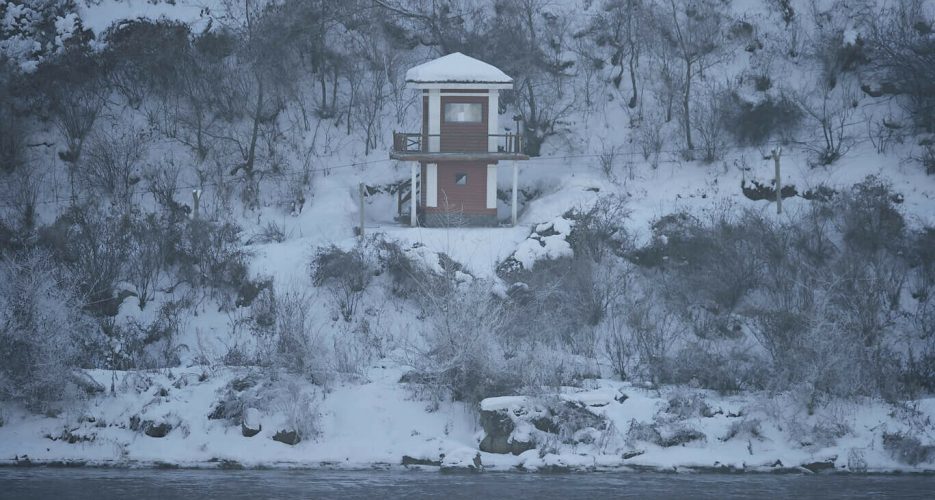The last weeks have seen more than a few articles bringing up once again the delicate issue of defectors’ integration (or, some might say, the lack thereof) in South Korea. While we occasionally hear of some success stories, the majority of cases tell us of a complex, often harsh reality for the thousands of North Koreans who have moved south of the DMZ. Whatever one’s view may be on the recent figures of double defectors, it is clear that there exists a percentage of North Koreans who are unhappy with their living conditions in the ROK and do think about returning north, even more so given recent stories about the DPRK government trying to lure them back.
Aside from political speculation, it is important to understand what brings former defectors to reconsider their choice and what their struggle to integrate means, in terms of reunification prospects. One thing seems to be clear: despite the effort made by the South Korean government in terms of financial assistance and education programs, Seoul is still struggling to manage the integration of a relatively small number of North Koreans, and we can only imagine the type of obstacles that a mass flow of citizens from the North would present. This is partly explained because the current divide extends beyond the mere economic disparity; sociocultural differences are presently stronger than any national rhetoric about racial homogeneity and more pervasive than any political statement made North or South about the need for reunification.
The last weeks have seen more than a few articles bringing up once again the delicate issue of defectors’ integration (or, some might say, the lack thereof) in South Korea. While we occasionally hear of some success stories, the majority of cases tell us of a complex, often harsh reality for the thousands of North Koreans who have moved south of the DMZ. Whatever one’s view may be on the recent figures of double defectors, it is clear that there exists a percentage of North Koreans who are unhappy with their living conditions in the ROK and do think about returning north, even more so given recent stories about the DPRK government trying to lure them back.
Aside from political speculation, it is important to understand what brings former defectors to reconsider their choice and what their struggle to integrate means, in terms of reunification prospects. One thing seems to be clear: despite the effort made by the South Korean government in terms of financial assistance and education programs, Seoul is still struggling to manage the integration of a relatively small number of North Koreans, and we can only imagine the type of obstacles that a mass flow of citizens from the North would present. This is partly explained because the current divide extends beyond the mere economic disparity; sociocultural differences are presently stronger than any national rhetoric about racial homogeneity and more pervasive than any political statement made North or South about the need for reunification.
Become a member for less
than $5.75 per week.
Unlimited access to all of NK News: reporting, investigations, analysis
The NK News Daily Update, an email newsletter to keep you in the loop
Searchable archive of all content, photo galleries, special columns
Contact NK News reporters with tips or requests for reporting
Get unlimited access to all NK News content, including original reporting, investigations, and analyses by our team of DPRK experts.
Subscribe now
All major cards accepted. No commitments – you can cancel any time.












